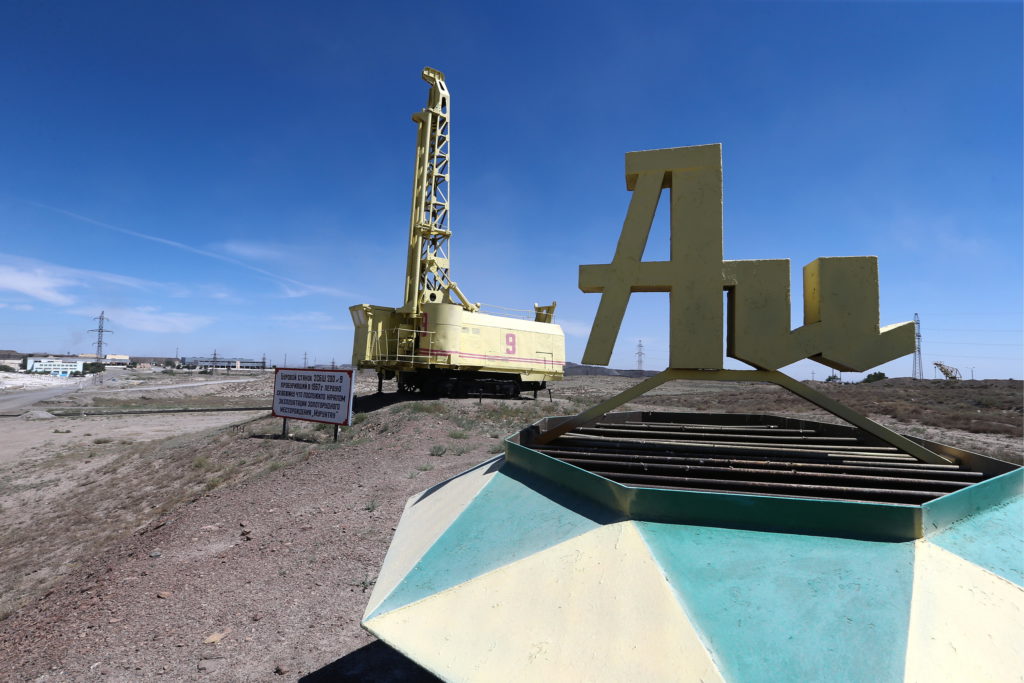TASHKENT
Uzbekistan plans to sell 32 large state-owned enterprises and assets and transfer more than 300 small assets to private hands next year and expects that the state budget will receive $936 million from the privatisation deals.
Privatisation of the country’s second-largest bank Uzpromstroybank (or Uzsanoatqurilishbank-SQB) is also set to happen in 2022.
Besides large enterprises, 368 non-core and ineffective assets that belong to state enterprises will also be put up for sale, according to the country’s privatisation programme in 2021-2022, discussed at this week’s government meeting chaired by President Shavkat Mirziyoyev.
In 2021-2022, it is planned to reduce the number of enterprises with a state share to a third or less of current numbers, official reports said. Since the beginning of this year, 619 state assets worth 4.5 trillion Uzbek soums ($420 million) have been sold.
In his inaugural speech last week after being re-elected to a second term, Mirziyoyev said that accelerating the transformation and privatisation of state-owned enterprises will be one of the priorities of economic reform.
Mirziyoyev’s reform programme has focused on liberalising the foreign exchange market, modernising business practices and cutting down the Soviet-era bureaucracy that still hampers many companies.
Uzbekistan’s largest-ever privatisation involves nearly 3,000 enterprises and assets that need to be fully or partially sold off by 2025. Though most of them are small and medium enterprises, the list also includes large companies in the energy, chemical, mining and transport sectors.
Uzbekistan announced last month that the country may sell a 10-15 percent share in the Navoi Mining and Metallurgical Combine (NMMC), one of the world’s largest uranium and gold producers, through an initial public offering in 2024.
During this week’s meeting, the government was tasked to develop a strategy for the privatisation of large industrial enterprises with the involvement of foreign consultants. Emphasis was put on the need to draft in managers of international level to oversee strategic enterprises.
In the case of a selloff of state assets worth more than $10 million, an independent foreign consultant will evaluate proposals.

